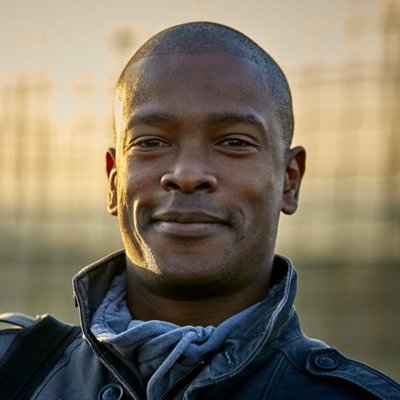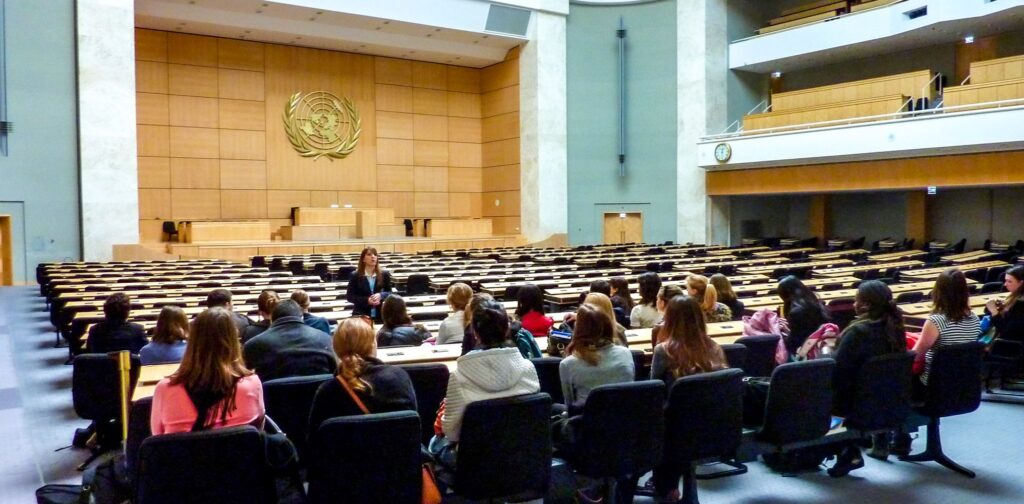Five reasons to earn your master’s in international relations with SIT
January 9th, 2024 | Africa, SIT Graduate Institute
By Kayla Springer
Students seeking an international relations master’s degree for a global career in diplomacy will gain a unique, multifaceted understanding of the field with SIT Graduate Institute’s one-year Global Master’s program.
SIT’s International Relations master's degree approaches diplomacy with a global lens through immersive semesters in South Africa and Switzerland. In the final semester, you will undertake a professional practicum in a location of your choice.
As the fastest growing continent in the world with a dynamic geopolitical landscape and global connections, Africa is central to the study of diplomacy. During a semester in South Africa, students will be exposed to a wide range of international challenges and perspectives through a decolonial lens.
According to Dr. Bruce Dayton, chair of the SIT program, “You’ll learn about South-South relations in the context of BRICS, the diplomacy group comprised of Brazil, Russia, India, China, and South Africa; the African political economy; continental solidarity, and more.”
SIT’s experiential master’s degree programs combine theory and practice. Students learn theory through classes and reading, and practice by engaging with policymakers, experts, and local communities to gain a 360-degree view of diplomacy's impact. By the end of this semester, they will be well-versed in South Africa's complex history and the African Union's role in global diplomacy, said Dayton.
Here are five reasons to earn a Global MA in Diplomacy and International Relations with SIT.

1. You will become part of a diverse global network.
This program is part of an extensive network of professionals, policymakers, and experts in Washington D.C., Geneva, Switzerland, and South Africa. These connections open doors to valuable networking opportunities and provide access to key players in diplomacy and international relations.

2. You'll learn from distinguished faculty.
Our faculty, advisors, and guest lecturers have direct, real-world experience that enrich students’ understanding of diplomacy and international affairs.

3. You will cultivate international partnerships.
SIT maintains valuable collaborations with international diplomatic institutions and organizations that grant students unique access to global resources and opportunities.

4. We focus on multilateral diplomacy.
Our program places a special emphasis on multilateral diplomacy, providing you with an in-depth understanding of international organizations and their pivotal roles in global affairs. This focused approach equips you to navigate the complex landscape of modern diplomacy.

5. What can I do with a master's degree in international relations?
With an emphasis on research and analytical skills, a master’s in diplomacy and international relations prepares you to work not only in diplomacy, but in many other sectors including academia, politics, and NGOs. The skills you will learn in this program are also useful for those who plan to go on to become lawyers, intelligence research analysts.
